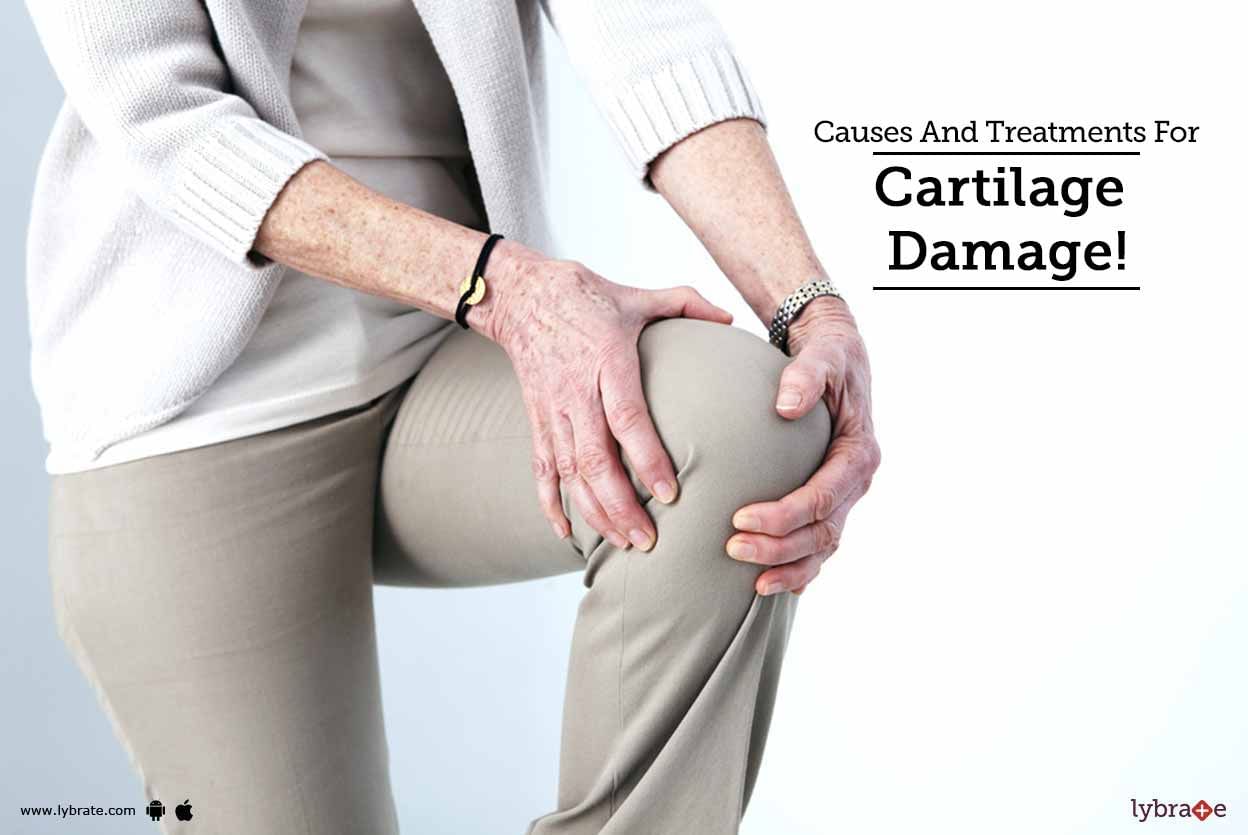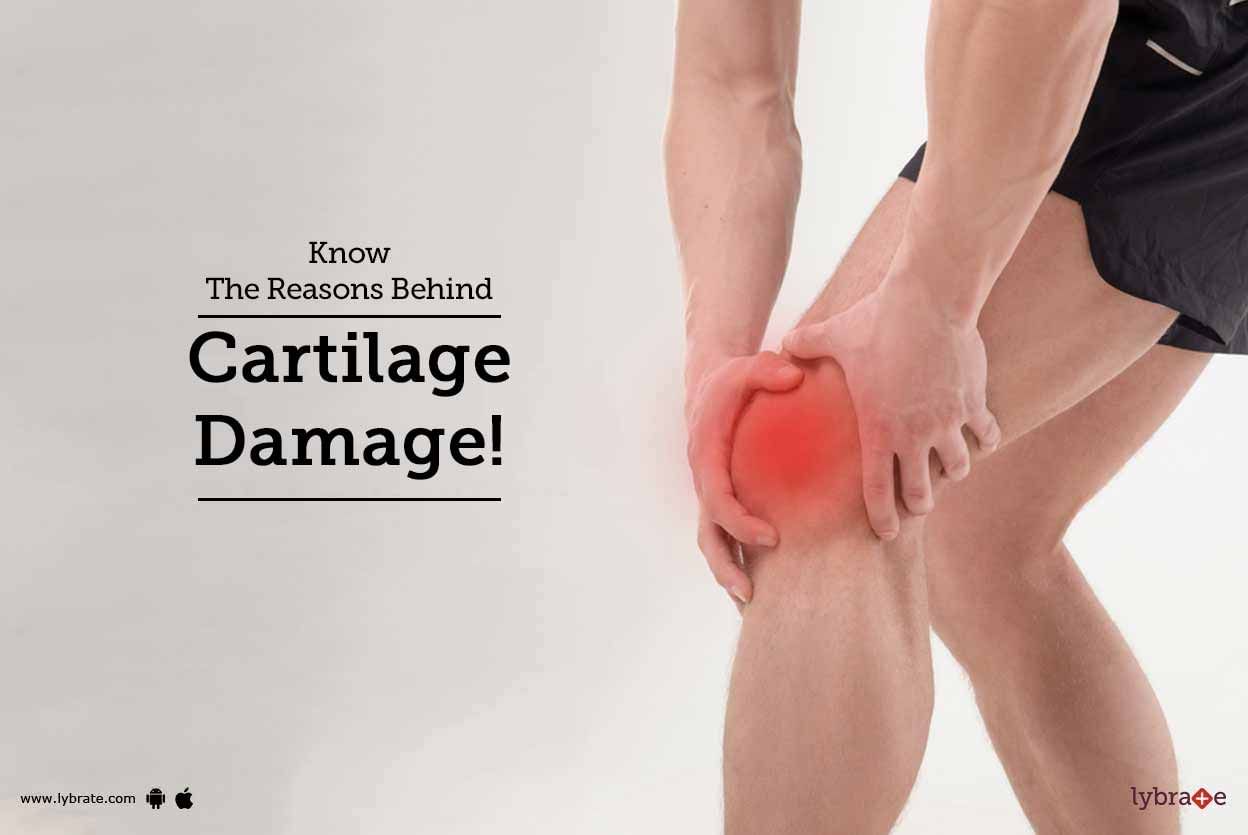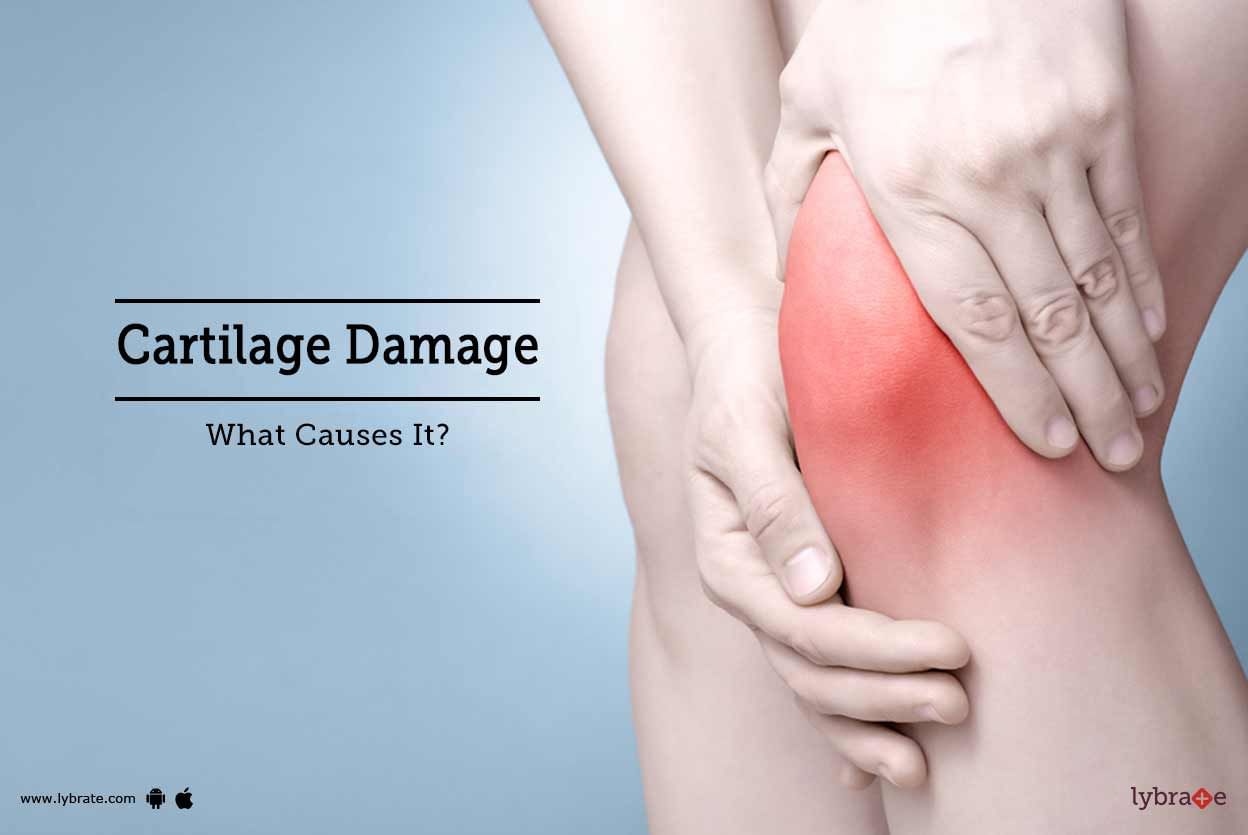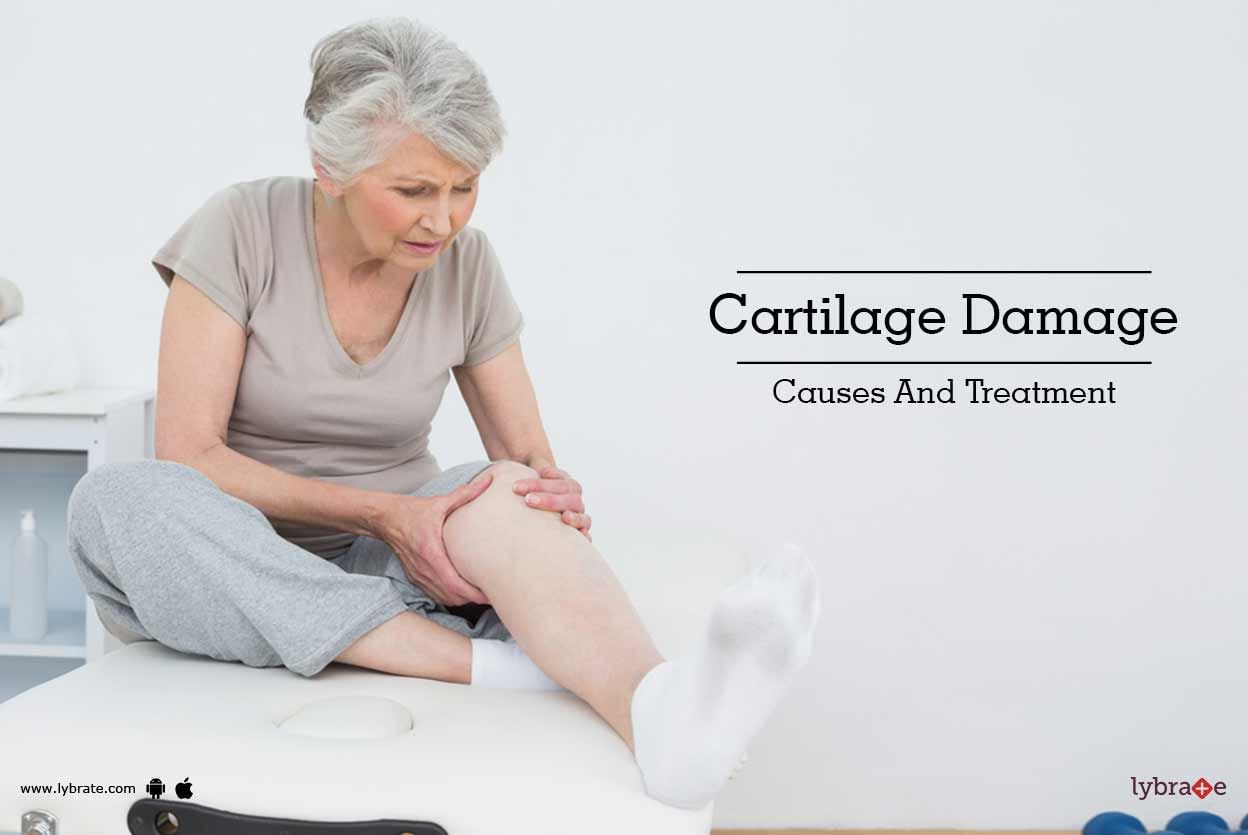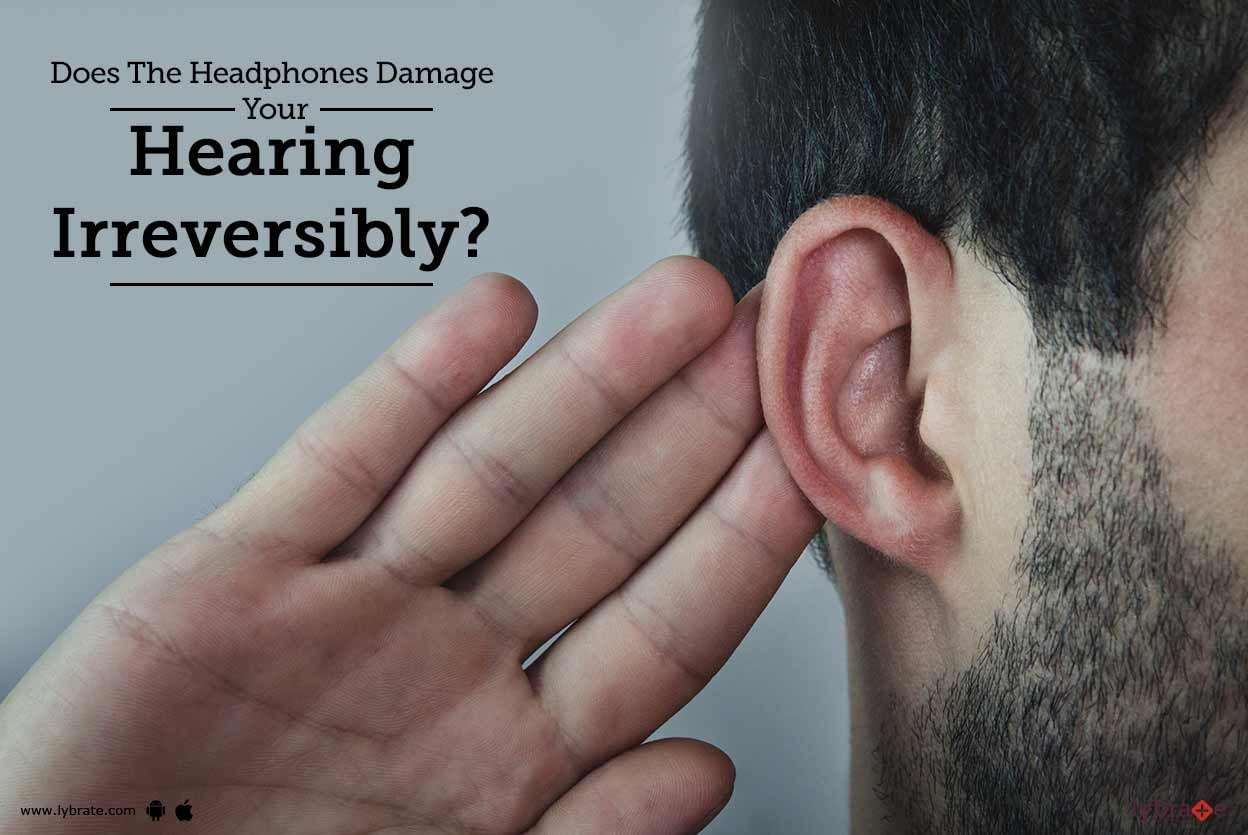Get the App
For Doctors
Login/Sign-up
About
Health Feed
Find Doctors
Health Packages
AllQ&AsTipsQuizzes
Symptoms Of Liver Damage Tips
Last Updated: 7 years ago• Featured Tip
Share
Bookmark
Report
Cartilage is a fine, rubbery elastic tissue that acts as cushion between the bones in the joint spaces. It is a connective tissue and enables the joints to move freely and smoothly. It acts as a shock absorber and reduces the friction between the joints. This cartilage could either be damaged as a result of injury or degeneration as part of normal ageing process. Either of this causes friction during joint movement, causing painful, stiff movements and in some cases, even swelling of the joint s...more
Last Updated: 7 years ago• Featured Tip
Share
Bookmark
Report
MBBS, Diploma In Orthopaedics, Trauma an...read more
Orthopedic Doctor•Visakhapatnam
Cartilage is a fine, rubbery elastic tissue that acts as cushion between the bones in the joint spaces. It is a connective tissue and enables the joints to move freely and smoothly. It acts as a shock absorber and reduces the friction between the joints. This cartilage could either be damaged as a result of injury or degeneration as part of normal ageing process. Either of this causes friction during joint movement, causing painful, stiff movements and in some cases, even swelling of the joint s...more
Last Updated: 7 years ago• Featured Tip
Share
Bookmark
Report
Cartilage is a fine, rubbery elastic tissue that acts as cushion between the bones in the joint spaces. It is a connective tissue and enables the joints to move freely and smoothly. It acts as a shock absorber and reduces the friction between the joints. This cartilage could either be damaged as a result of injury or degeneration as part of normal ageing process. Either of this causes friction during joint movement, causing painful, stiff movements and in some cases, even swelling of the joint s...more
Last Updated: 9 years ago• Featured Tip
Share
Bookmark
Report
Cartilage is a fine, rubbery elastic tissue that acts as cushion between the bones in the joint spaces. It is a connective tissue and enables the joints to move freely and smoothly. It acts as a shock absorber and reduces the friction between the joints. This cartilage could either be damaged as a result of injury or degeneration as part of normal ageing process. Either of this causes friction during joint movement, causing painful, stiff movements and in some cases, even swelling of the joint s...more
Last Updated: 8 years ago• Featured Tip
Share
Bookmark
Report
Did you know your earphones are making you deaf? Here's how.
Fact: Roughly 1.1 billion people worldwide within the age group of 12-35 have been found to be at an increased risk of developing hearing problems.
Listening to loud music on handheld devices using earphones has become a common trend among youngsters these days. You might find it very relaxing to plug in your earphones and escape into your own world of music, but you need to know that this can cause serious damage to ...more
Fact: Roughly 1.1 billion people worldwide within the age group of 12-35 have been found to be at an increased risk of developing hearing problems.
Listening to loud music on handheld devices using earphones has become a common trend among youngsters these days. You might find it very relaxing to plug in your earphones and escape into your own world of music, but you need to know that this can cause serious damage to ...more
Last Updated: 9 years ago• Featured Tip
Share
Bookmark
Report
When the salivary glands do not produce enough saliva, the mouth gets dry and uncomfortable. Due to certain conditions, such a phenomenon can occur and this condition is known as dry mouth or xerostomia. Xerostomia or dry mouth can occur due to multiple reasons. Read on more to find all about the different causes and symptoms of dry mouth.
Causes
1. Side effects of certain medications: Dry mouth occurs due to the effect of certain prescription and nonprescription medications. D...more
Causes
1. Side effects of certain medications: Dry mouth occurs due to the effect of certain prescription and nonprescription medications. D...more
Last Updated: 7 years ago• Featured Tip
Share
Bookmark
Report
A healthy nervous system is essential for an individual's body to function normally. Comprising of nerves and cells, the system is responsible for carrying messages from and to the brain and spinal cord from other parts of the body. Thus, damage to a nerve may impair the functioning of your body with less-identifiable symptoms to life-threatening conditions. Understanding the types of nerves and the symptoms due to nerve damage helps you to seek medical help when necessary.
Understandin...more
Understandin...more
Last Updated: 7 years ago• Featured Tip
Share
Bookmark
Report
Regardless of whether the cause is a tumor, trauma, stroke, or other illnesses, any injury which inflicts damage on your brain cells is considered to be a brain damage. There are two types of brain damage, both of which interfere with the standard functioning of the brain.
They are:
Acquired brain injury (ABI): Either resulting from a tumor or a neurological illness, for instance a stroke, this type of brain injury originates from the cellular level and is commonly linked wit...more
They are:
Acquired brain injury (ABI): Either resulting from a tumor or a neurological illness, for instance a stroke, this type of brain injury originates from the cellular level and is commonly linked wit...more
Last Updated: 7 years ago• Featured Tip
Share
Bookmark
Report
Patients with diabetes are likely to suffer from nerve damage. This condition is known as diabetic neuropathy. An increase in the blood-sugar level can damage nerve fibres, especially in the legs and feet. Diabetic neuropathy is a common complication for people suffering from diabetes.
Types of neuropathy
Peripheral neuropathy: This is the most frequently occurring form of diabetic neuropathy. It can affect the legs, feet, hands and arms of a person. Some of the common symptoms...more
Types of neuropathy
Peripheral neuropathy: This is the most frequently occurring form of diabetic neuropathy. It can affect the legs, feet, hands and arms of a person. Some of the common symptoms...more
Last Updated: 6 years ago• Featured Tip
Share
Bookmark
Report
Patients with diabetes are likely to suffer from nerve damage. This condition is known as diabetic neuropathy. An increase in the blood-sugar level can damage nerve fibres, especially in the legs and feet. Diabetic neuropathy is a common complication for people suffering from diabetes.
Types of neuropathy
Peripheral neuropathy: This is the most frequently occurring form of diabetic neuropathy. It can affect the legs, feet, hands and arms of a person. Some of the common symptoms...more
Types of neuropathy
Peripheral neuropathy: This is the most frequently occurring form of diabetic neuropathy. It can affect the legs, feet, hands and arms of a person. Some of the common symptoms...more
Ask a free question
Get FREE multiple opinions from Doctors
posted anonymously


